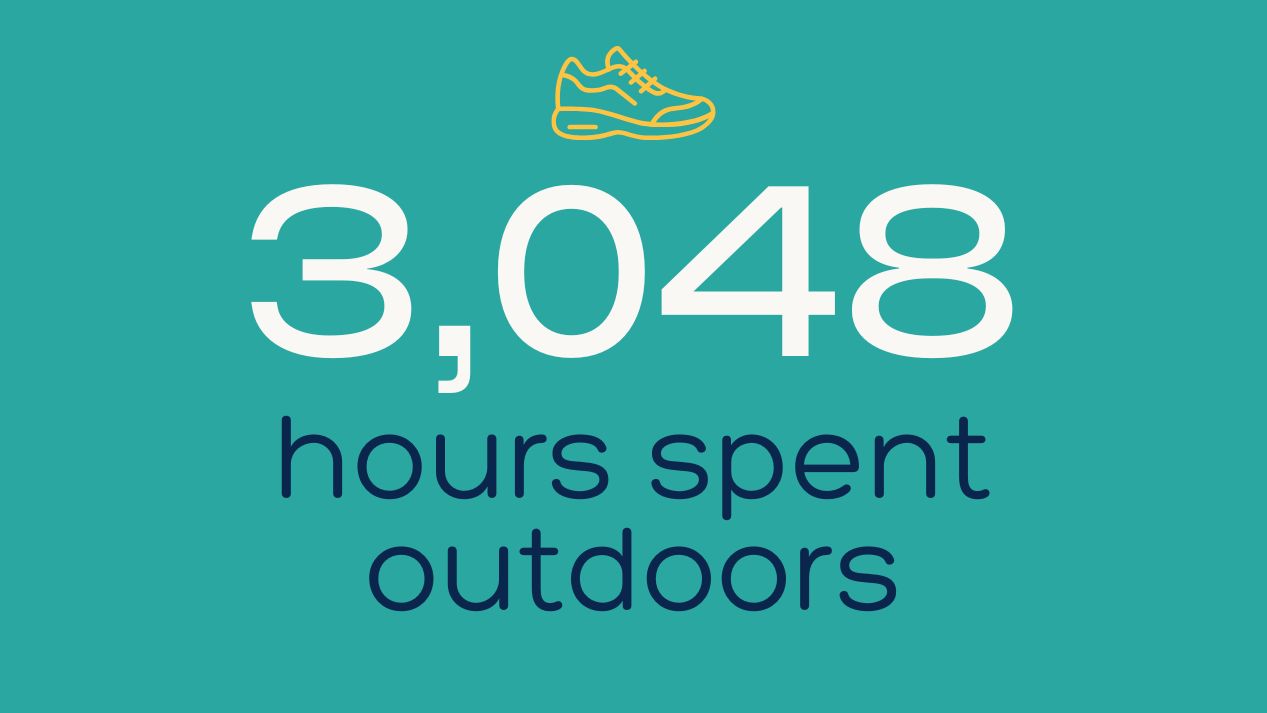21
/
11/2025
•
Urban Health
Northern Ireland’s health and social care system is at a tipping point. Emergency departments are under unprecedented pressure: hundreds of patients wait extended periods, and every day medically fit patients remain in hospital, unable to return to the community, writes Developing Healthy Communities Chief Executive Edel O'Doherty.
The region’s persistent health inequalities compound these pressures. Male life expectancy in the most deprived areas lags 7.3 years behind the least deprived; female life expectancy lags 5.2 years. Suicide rates, drug misuse deaths, and childhood obesity remain markedly higher in deprived areas, while maternal and child health indicators reveal ongoing unmet need. In Derry City & Strabane, alcohol-related hospital admissions in the most deprived areas are more than double the LGD average. These disparities are both a moral challenge and a driver of demand on the health system.
The Neighbourhood Care model outlined in the Health and Social Care NI Reset Plan represents a critical opportunity. By integrating primary, community, and social care, and fostering collaboration across GPs, community organisations, and local authorities, this approach can target interventions to areas of greatest need, prevent avoidable hospital admissions, and reduce inequality. But we must confront the uncomfortable truth: good intentions alone will not resolve the crisis.



Imagine a scenario where most new neighbourhood-based capacity is directed toward the highest-need areas. Without corresponding support elsewhere, emergency departments in other locations could face additional pressure, ambulance delays might increase, and routine care could slow. Some pressures would simply shift rather than ease. This would not reflect a failure of the neighbourhood care model, but the limits of a system not fully equipped to balance changing demand.
This reality underscores the need for a holistic approach; balancing targeted interventions with system-wide resilience.
Now, imagine a system where neighbourhood care is fully integrated with hospital capacity planning and intermediate care. Patients receive timely, local interventions that prevent unnecessary admissions, allowing emergency departments to focus on acute cases, freeing ambulances to respond rapidly, and beginning to narrow health inequalities. The system functions.
How do we get there? Any sensible civil servant or savvy community health worker can give you some pointers. Phase the implementation, monitor carefully, move fast, learn from your mistakes, support communities, talk to each other.
Yet even if we do everything right, success may not feel like success at first. As more people access services earlier, demand will rise, bottlenecks will appear, and frustrations will mount within health services and within local communities. That is not failure. It is the system revealing unmet need so it can be addressed.
To reach the long-term goals of the model, what is required is more commitment, more consistency, and more resource. And yes, perhaps even more money. We must give of ourselves and continue to give of ourselves through every frustration, not just because it is right, but because it does not work if we do not. Without sustained effort and investment, the neighbourhood care model risks being a missed opportunity rather than a transformative solution.
Northern Ireland’s current pressures are severe, but the neighbourhood care model offers a path forward. With careful planning, system-wide support, and rigorous evaluation, it can reduce inequality, strengthen community care, and stabilize the health system for all citizens.
Photo: Josh Willink / Pexels

Other Blogs
16
/
02/2026
•
Mental Health

This March, the Public Health Agency is inviting eligible applicants to take the next step in supporting mental health
Read More

9
/
02/2026
•
Urban Health

Researcher Grainne fills us in on progress on the health-tech project in Derry and Strabane
Read More

9
/
02/2026
•
Mental Health

DHC's Orla Mullan explains how mindfulness can contribute to a calm, productive office
Read More

16
/
02/2026
•
Mental Health

This March, the Public Health Agency is inviting eligible applicants to take the next step in supporting mental health
Read More

9
/
02/2026
•
Urban Health

Researcher Grainne fills us in on progress on the health-tech project in Derry and Strabane
Read More

